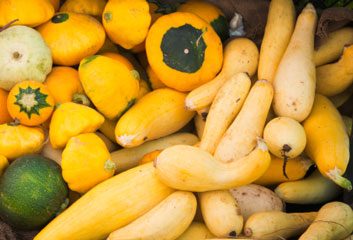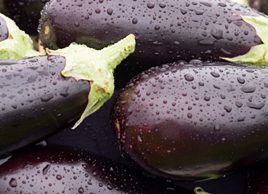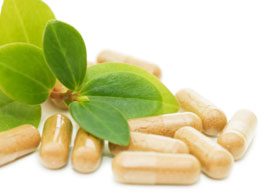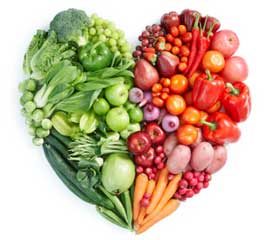
Be good to your peepers
Summer squash is rich in lutein and zeaxanthin-the main carotenoids in the lens and macular area of the eye. A study in Archives of Ophthalmology followed more than 35,000 women for an average of 10 years. Those with the highest amounts of these two pigments in their diet (6,716 mcg per day) had an 18 percent lower risk of cataracts than those with the lowest (1,177 mcg per day). A medium squash has 4,165 mcg.

Fight cancer
When cooking eggplant, leave the peel on to take advantage of its powerful antioxidant nasunin. In animal and human cell-culture studies, it inhibited new blood vessel growth-a critical step in the transition of tumours from dormant to malignant.

Boost red blood cells
A medium-sized summer squash contains 33 percent of your daily vitamin B6. It helps to make hemoglobin, which carries oxygen in the red blood cells to your tissues. A deficiency in B6 can lead to anemia, and because it’s water-soluble (any extra leaves the body through urine), you need an ongoing supply.

Love your heart
A study in Food & Function evaluated the heart-protecting properties of eggplants. Animals were fed freeze-dried raw or grilled eggplants for 30 days, then their hearts were monitored. The results: Both options increased left ventricular function and reduced heart attack severity.

Ignore this myth
Eggplants belong to a family of plants called nightshades (as do tomatoes, peppers and potatoes), and it has been rumoured that these plants can aggravate arthritis. But arthritis experts widely agree no scientific evidence exists to support this theory.

Control PMS symptoms
Summer squash is a very good source of manganese. In one clinical trial, women who consumed high amounts of this mineral in their daily diet had fewer mood swings and cramps than those who ate the lowest amounts. So put some in your lunchtime salad!
Related:
• 6 reasons to eat more squash
• 6 healthy recipes featuring summer squash
• Our best healthy squash recipes
